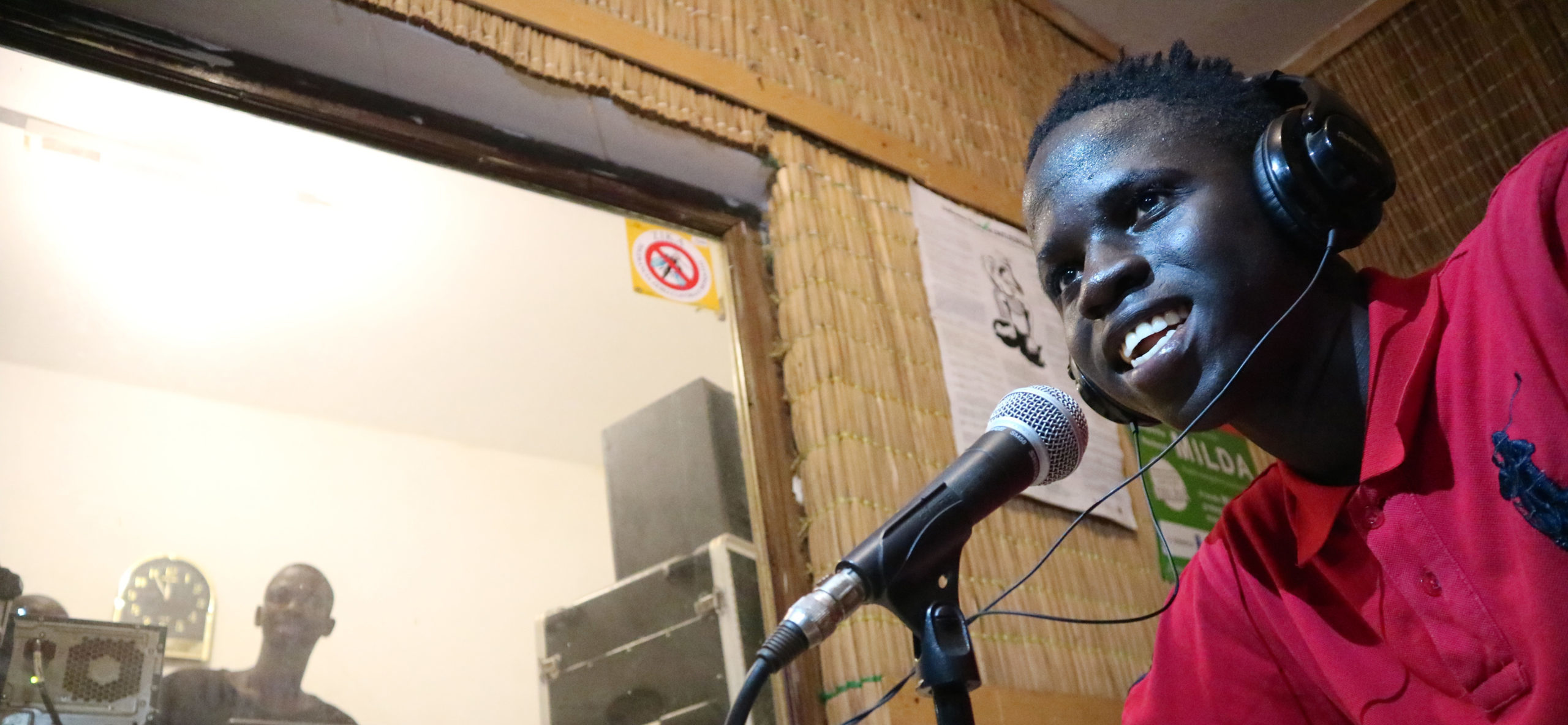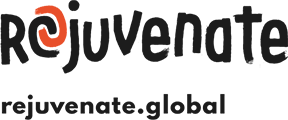post
When development practitioners speak of accountability, they often envision a linear, time-bound set of processes and systems that are required to drive transparency. But the times are different now, there are 1.8 billion young people in the world today and we need to find alternative ways to accommodate young people.
Development stakeholders must thus be willing to listen to and understand what this generation of young people are saying and demanding, particularly as it regards issues that affect their lives.
In this post, Blair Glencorse, founder of Accountability Lab, shares his experience working with young people and local communities through innovative projects. Drawing on some brilliant examples from his work in Nigeria, Liberia, and Mali, Blair discusses some ways that social change actors can act and move from talk to action when it comes to supporting generational change.
Blair Glencorse started out his career working on post conflict and fragile states at the World Bank. There, he met his next employer, Ashraf Ghani – the current president of Afghanistan- and worked with him to build a think-tank prior to his presidency.
His current job description at Accountability Lab is to support a new generation of active citizens and leaders who can implement positive ideas for integrity in their community.
Blair describes a new form of engagement with a category of people he refers to as “unlikely networks”, which include musicians, film makers and other artists who are able to directly engage with young people through their art. For him, working with unlikely networks helps to create physical and intellectual spaces for young people to engage with governance issues, which helps to shift norms, incentives and outcomes.
Accountability in practice
Accountability needs to be about young people; and ways to bring them together through movements to push for new ways of doing things. In countries where over 50% of the population are young people, exclusion of this demographic can no longer be an option. These young people are not motivated by enforcement or compliance- which, does not give them a sense of agency and power in building the future they want.
The Accountability Lab, therefore, pushes for positive narratives and promotes solutions-oriented work that can build hope. The organization holds up role models in society and by doing this, fosters hope in communities in ways that are youth-focused and creative. The Accountability Lab also emphasises the need to live up to their own organisational values to sustain trust with youth and local communities.
“It has to be about young people, and it has to be about generational change”
Evidence from the field
Blair also shared some examples of his work with accountability and young people in various countries. In Nigeria, he cited the Voice2Rep program, where rap music provides a platform for youths to share their views on elections and democracy. This project has encouraged a fascinating amount of creativity and organic participation and for Blair, the best part was the mentorship contributed by older, more established rappers in Nigeria around issues of social change.
These rappers in the past have been co-opted by political leaders and used their art to endorse electoral campaigns, but the Voice2Rep project is helping them see and do things differently when it comes to engaging with political leaders.
Another example Blair cited is Integrity Icon- a campaign to “name and fame” honest government officials.. These ‘Icons’ are not always young people, but they are everyday public servants who do their best to support accountability in their professions and are recognised as “national celebrities”. The Integrity Icon initiative is currently running in Liberia, Mali, Mexico, Niger, Nigeria, Nepal, Pakistan, South Africa, Somaliland, Ukraine and the United States.
Failing forward
Not all projects led by Accountability Lab deliver on their set objectives and Blair sees this as a learning curve rather than a failure. This, of course, stems from an acknowledgement that generational change is a long-term process and short-term challenges are inevitable. Failure therefore presents opportunities to go back to the drawing board and look at the ideas, content and processes for change in new ways.
“Failure isn’t failure if you learn from it”
The Accountability Lab fosters collective learning from both failures and successes alike through multiple communication channels such as WhatsApp groups, quarterly learning calls with staff, and digital tools in the form of blogs and infographics. Blair believes this process is effective in building up trust and communicating with stakeholders on the progress of projects to reinforce the notion of trust.
Supporting local organisations
As Saji suggested here, funding mechanisms for local organisations need to adapt to the changing ways young people are engaging around and supporting social change, For Blair, if local organisations are to be supported, then this support needs to go beyond financial support to resources such as capacity building, networks or communications.
Donors will need to work out the ideal way to contextualise their objectives in communities and use local networks to evaluate the projects on the ground. Ultimately, Blair prescribes “long-term, core, flexible support” as a way forward to supporting grassroot organisations, as this provides them with the greatest scope to adapt to changing local dynamics.






